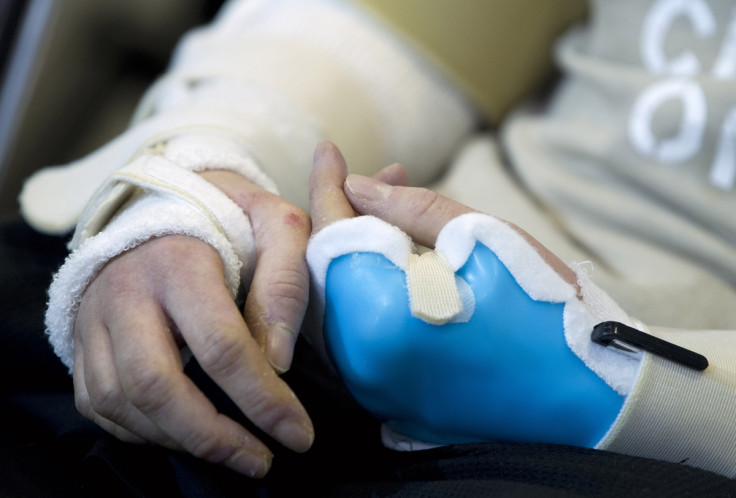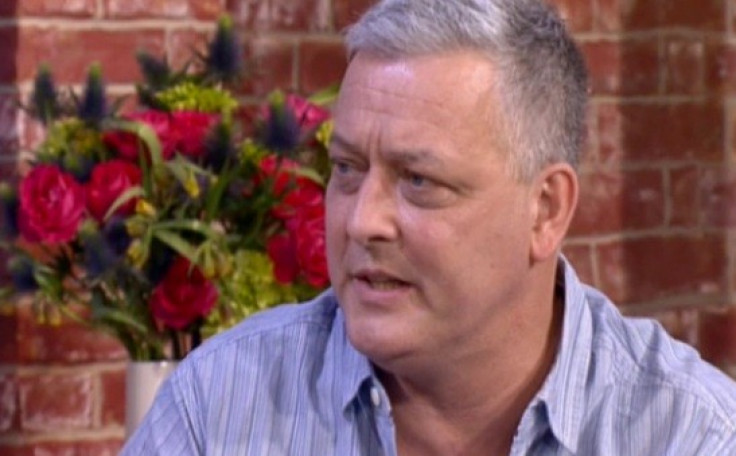NHS England to offer patients pioneering hand transplants

NHS patients in England will soon be offered pioneering hand and upper arm transplants after the NHS Trust agreed to fund the procedure from April 2016. In what is reported to be a world first for a publicly-funded health system, a specialist centre in Leeds has been given the go-ahead to begin assessing suitable adult candidates for the "highly-complex" surgery, which involves four teams of surgeons working simultaneously.
The transplant was carried out for the first time in the UK in 2012, but is only now being offered to the general public. The NHS Trust will fund up to four hand transplants a year, with a single operation costing an estimated £50,000 (€66,000; $72,000).
The Leeds team is led by consultant plastic surgeon Simon Kay, who performed Britain's first hand transplant on West Yorkshire resident Mark Cahill.
He said: "We are delighted to be confirmed as the provider of this new service. The extensive multi-professional expert team here at Leeds is keen to now assess new patient referrals and benefit patients and their families in a way they may never have thought possible before."
Transformative surgery
Former pub landlord Cahill, 54, had lost the use of his right hand after it became infected during a severe attack of gout. The surgery to remove the infection had left him with a paralysed hand. Since undergoing the pioneering transplant on Boxing Day 2012 at the Leeds General Infirmary, he has reported regaining almost complete use of his transplanted hand, allowing him to tie his shoelaces, carry his granddaughter and drive a car.

"My experience as a patient and my quality of life since the hand transplant has been fantastic," Cahill said. "I would like to thank once again the family of the donor who gave their permission for me to have the hand of their relative at such a difficult time for them. It really has transformed my life."
World first
Finding a matching donor limb for the transplant is a complicated process, as it first requires a deceased person's family to donate a limb. The limb must then match the recipient's blood type, immunology, arm size and skin tone, with a perfect match occurring only rarely.
Once a suitable donor limb is found, the cutting-edge procedure – involving articulated bones, linkage of key tendons, muscles and blood vessels – gets underway. Patients will be screened thoroughly for psychological and physical suitability before being green-lighted for the surgery, which could take up to 16 hours to perform.
Jonathan Fielden, NHS England's director of specialised commissioning, said: "The NHS is leading the world in offering this cutting edge procedure, which has been shown to significantly improve the quality of life for patients who meet the strict criteria.
"We will be working closely with Professor Kay and his colleagues at Leeds, as well as NHS Blood and Transplant, to ensure that this highly innovative service for the NHS can get up and running as soon as possible."
© Copyright IBTimes 2024. All rights reserved.






